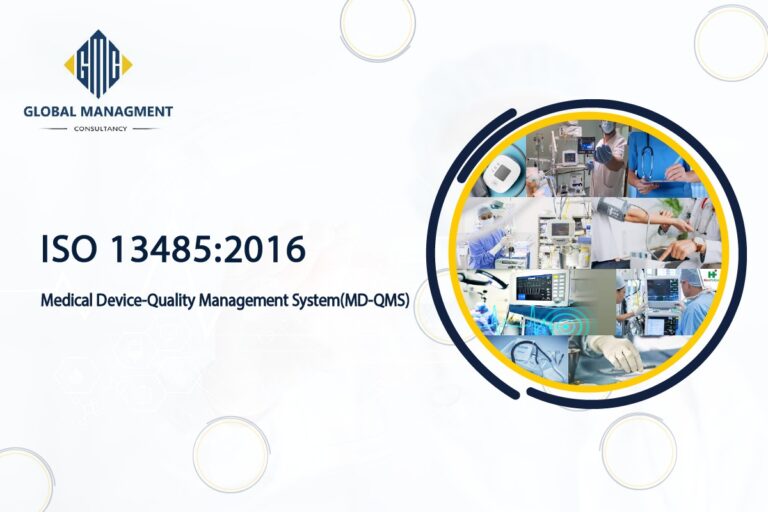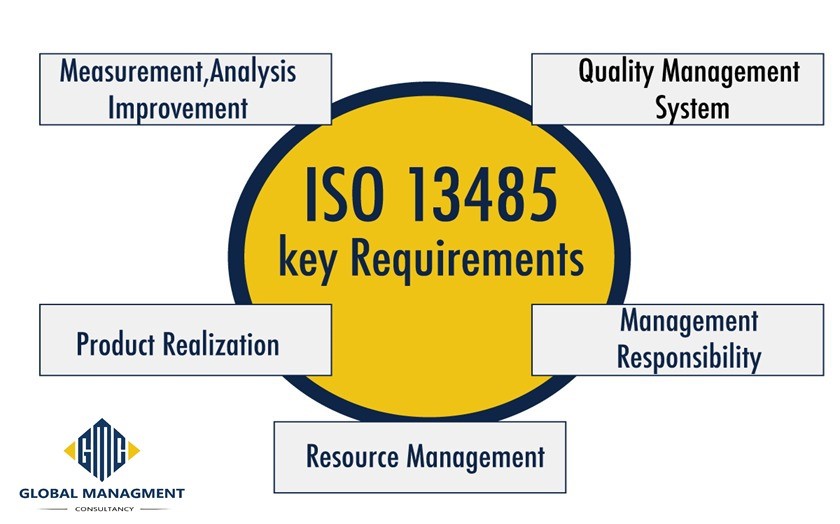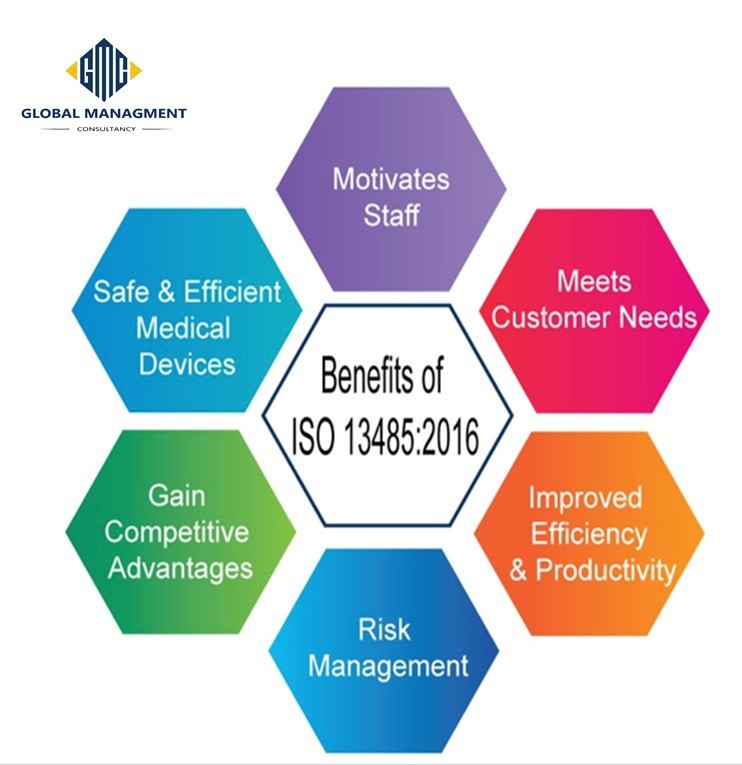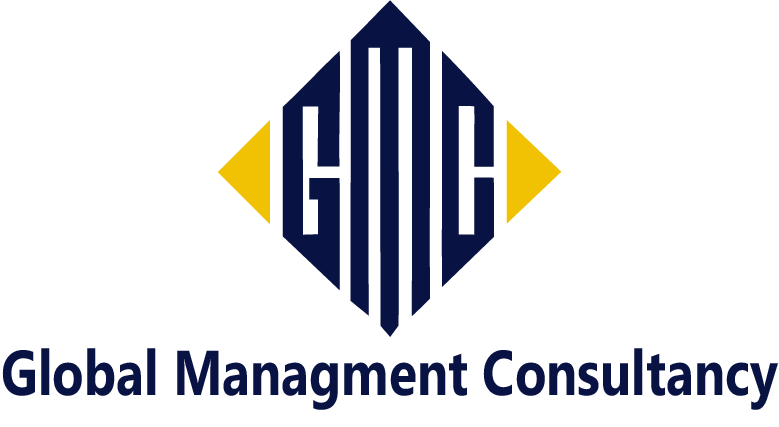ISO 13485:2016 Certification in Saudi Arabia (Quality Management System for Medical Device).

ISO 13485:2016 is the medical device quality management system (QMS) standard. Generally, ISO 13485:2016 certification in Saudi Arabia is an essential credential for the organization involved in one or more life-cycle processes, including designing, production, storage & distribution, installing, or any other service of medical devices. ISO 13485:2016 certification in Saudi Arabia-related services ensures that all medical devices meet the proper regulatory compliance laws and customer needs.
ISO 13485:2016 certification in Saudi Arabia can also be used by suppliers that provide a product, including QMS-related services to such organizations. The medical industry is very diplomatic. So, some special rules, unique standards, rules and regulations, and certifications are required for the medical industry.
Also, the aim is to maintain quality and safety and, most important, meet compliance.
ISO 13485:2016 certification in Saudi Arabia guarantees people that quality is maintained at every stage of manufacturing, making ISO 13485:2016 a high standard for medical devices.
What is ISO 13485:2016 Certification in Saudi Arabia?
ISO 13485:2016 is a stand-alone Quality Management Standard (QMS) for medical devices. ISO 13485:2016 is obtained from the globally acknowledged, recognized, and accepted ISO 9000 QMS series.
Medical devices manufactured and serviced in Saudi Arabia have to comply with the requirements of the Saudi Food and Drug Administration SFDA. Medical devices QMS is called ISO 13485:2016, and it is important to identify the risk levels associated with manufacturing medical equipment. Be it implants or devices which are used for external scanning, all organizations manufacturing and servicing medical devices have to be certified to ISO 13485:2016 version.
The ISO 13485:2016 standard provides a well-planned structure and logical principles of medical directories, regulations, protocols, and responsibilities. ISO 13485:2016 certification in Saudi Arabia enables you to attain the medical device manufacturers, commitment to the safety and quality of medical devices. Moreover, any manufacturing industry/company medical device can obtain an ISO 13485:2016 certificate irrespective of size and location. The benefits of ISO 13485:2016 certification in Saudi Arabia are that companies get more recognized, honorable, trustworthy providers.
Requirements for ISO 13485:2016 certification in Saudi Arabia:

ISO 13485:2016 requirements are based on ISO 9001 International Standard for Quality Management Systems. Prerequisites for ISO 13485:2016 are significant to the organization according to its size and type. ISO 13485:2016 is a management System Standard that is specifically developed for the manufacture of medical devices. ISO 13485:2016 certification in Saudi Arabia specifies the requirement for a QMS where an industry/Organization shows its ability to provide medical devices. In addition, the prime objective is to facilitate integrated medical devices for governing needs.
ISO 13485:2016 certification allows companies to create a safe work environment by providing less risk and high safety. Also, an organization becomes ISO certified if an organization can prove conformance to the elements of the quality management system.
Benefits of ISO 13485:2016 certification in Saudi Arabia:
Some key benefits of ISO 13485:2016 implementation in any business-related medical device manufacturing.

Improve credibility and identity:
ISO 13485:2016 certification in Saudi Arabia is resistant to the customers that the organization trails high-quality standards, and they have a standard in place to confirm it.
Moreover, the Benefits of ISO 13485:2016 certification in Saudi Arabia’s implementation of an organization are that it can serve as a powerful marketing tool, and it is an important thing for medical device manufacturers to show conformity.
Evidence-Based Decision making:
Benefits of ISO 13485:2016 certification in Saudi Arabia to get more focused and work towards a quality goal. Data is provided continually by the management. With facts and data provided, the continual decision is taken that can better with the strategic goals and objectives of the company. Appropriate action will be taken if the management sees no progress toward the set goals.
Continual Improvement:
Continuous improvement is one of the essential principles of ISO quality management systems. When any organization adopts QMS, management, and staff will be looking out for improvements, and it leads to cultural change.
Moreover, the Benefit of ISO 13485:2016 certification in Saudi Arabia is having systematic processes set up can minimize the workload and terminate problems, leading to high performance, strategic leadership, and employee engagement. This, in return, can deliver high-quality products and services.
Increase Customer Satisfaction:
One of the benefits of ISO 13485:2016 certification in Saudi Arabia organizations by increasing customer satisfaction. When an organization obtains ISO 13485:2016 certification, it assures the customer that it has a good quality management system.
If an organization has an effective QMS will meet customers’ expectation and need rather, unlike an organization who do not have one. In QMS, customers’ needs and expectations, goals, and objectives are considered. So, an organization will spend less time focusing on individual department goals. Also, get more time to work together to meet customer need and expectations.
Increased Employee Involvement
The benefit of ISO 13485:2016 certification is that employer will understand their role in the QMS. Involvement and productivity Increased when improved training and improved qualification of employers. It saves time with better documentation & control of the process leading to consistency in performance.
Systematic Process Improvement:
It is the responsibility of employees of an organization at all levels to maintain the efficiency and effectiveness of operations. Furthermore, It’s difficult to do so without having a common language to describe inefficiencies and process Improvement.
A QMS creates an effective communication method to reduce deficiencies and improve the process through six sigma and Lean techniques. Also, It can be done through quality auditing or corrective action request. It is the responsibility of employees of an organization at all levels to maintain the efficiency and effectiveness of operations. Also, it’s difficult to do so without having a common language to describe inefficiencies and process Improvement.
Process Improvement through Internal Effectiveness:
Any organization emphasizes inspection processes, operation reviews, and improved processes based on analyzed and collected data. Using system documentation, facts, and improvement analysis are carefully planned and implemented. This will make sure that the best and most analyzed decisions are made for your company which leads your company to better operations, Improved performance, and improved profitability.
Higher Prestige:
Companies in the medical device sector can promote their goods and services more effectively by adhering to ISO standards. When someone achieves certification, they have demonstrated a measurable quality that increases their marketability. While developing a company that complies with quality management system standards is not easy, it is well worth the work, time, and energy promise. This is because quality is what regulates whether a firm succeeds or fails
Medical equipment must fulfill exceptionally high quality and service criteria to stay competitive in the global economy. In the highly competitive and ever-expanding world of medical technology, ISO certification signals to all prospective business partners that certified enterprises are world-class organizations capable of providing value and sustainable support.
